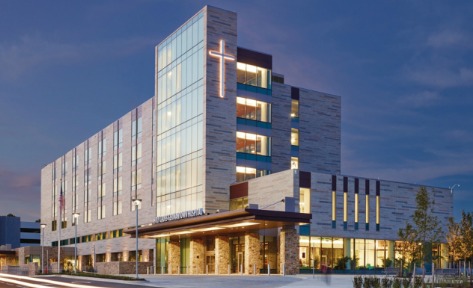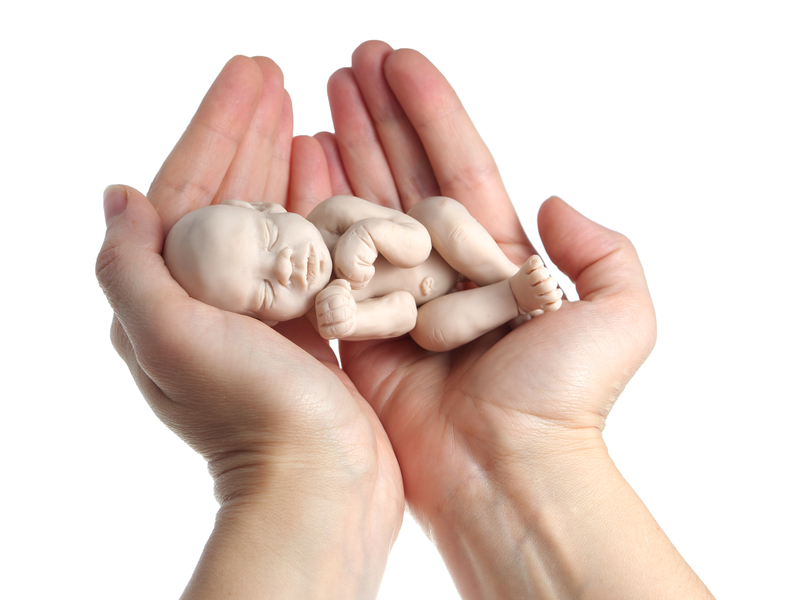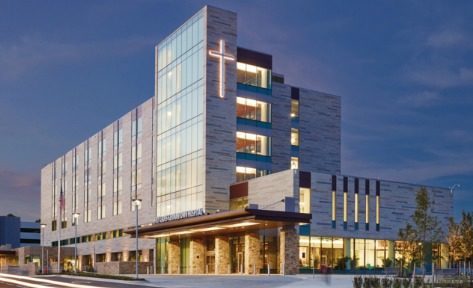








The Church in Ireland have a rightful moral claim to the properties they own due to the years of hard labour put into them by generations of priests and religious, says a UCD academic. Tony Fahey, Professor Emeritus at the School of Social Policy, Social Work and Social Justice at UCD, said that State-aid and public donations amounted to a kind of “earned income” for the services provided in health and education by droves of religious who worked for a pittance. Moreover, anything the religious congregations got from the State, he said, is dwarfed in comparison to the lavish grants and tax-breaks for multi-nationals today. Opposition to the congregations’ role in these services, he said, is often motivated “by hostility to their religious character”, adding, “[t]oday, a secular republic is likely to regard God as a foreign power and his agents as interlopers who are as unwelcome in the public sphere as Russian hackers in an American election.” He concluded by asking that the uncritical hagiographers of yesteryear not be replaced by equally imbalanced anti-religious commentaries: “we should avoid swinging to the opposite extreme and allowing the nuances of the historical truth to be buried in populist invective”.

The principal of a Catholic secondary school in south Dublin has called on the Department of Education to take it over and for its patron, the Edmund Rice Schools Trust (ERST), to step aside. The principal made the comments in response to a decision by the patrons of the school, the Christian Brothers, to sell some of its playing fields to a housing developer in order to raise monies for a government redress scheme. “This is a golden opportunity for the State to take ownership of these schools. They say school lands are being transferred to the State. Why not take the buildings too?”, said Edward Melley, principal of Clonkeen College in Deansgrange. Local TD, Richard Boyd Barrett, echoed the call and said it is “outrageous that this and future generations of students could be punished and pay for the Christian Brothers’ crimes against past generations. The Minister needs now to intervene and take the school from the trust to secure it and its facilities for the future.”